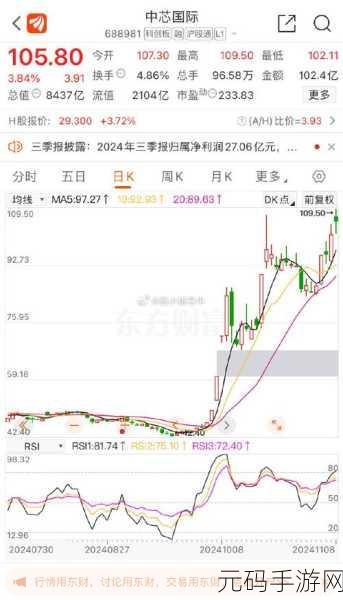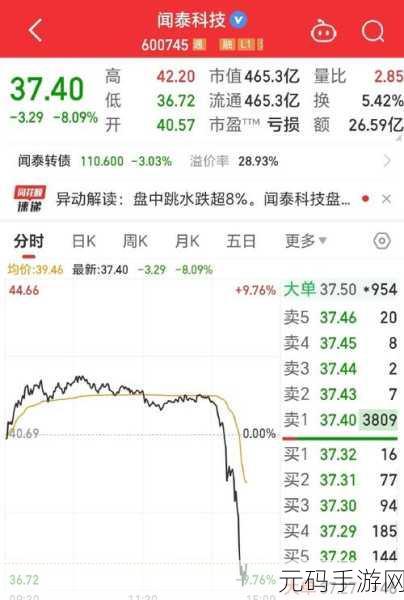中芯国际:制裁背后的战略考量
近年来,中芯国际作为中国领先的半导体制造企业,逐渐成为全球科技产业链的重要一环。随着技术的发展和市场需求的日益增长,这家公司在晶圆代工领域占据了越来越重要的位置。然而,其间却遭遇了一系列来自外部的制裁,使得行业内外对于其未来发展充满关注。
制裁动因与影响
美国针对中芯国际实施的一系列出口限制措施主要源于国家安全考虑。这些措施旨在防止尖端技术流入可能对美国产生威胁的国家。在此背景下,中芯国际无法获得先进生产设备及核心材料,从而导致其研发能力受限,进而影响产品质量和产能扩张。同时,由于不能获取最新技术支持,公司在面对竞争时显得愈加脆弱。

国内反应及政策调整
此次制裁引发了国内业界的广泛讨论,各方对此事表态不一。一方面,一些专家认为这是一种“倒逼”机制,有助于推动自主研发;另一方面,也有观点指出,此次事件将严重打击整个半导体生态圈。因此,中国政府迅速制定相关扶持政策,以鼓励本土企业增加投资,加快创新步伐。例如,通过财政补贴、税收减免等方式,为集成电路产业提供直接支持。此外,还加强了教育投入,以培养更多高素质的人才来填补这一缺口。
行业格局的新挑战与机遇
This situation forces domestic companies to rethink their strategies, pushing them towards innovation. For many enterprises in the semiconductor sector, this represents both a challenge and an opportunity. Companies are now more focused on building robust supply chains that can withstand external shocks while also investing heavily in research and development to advance their technological capabilities.

The Chinese government has recognized the importance of self-sufficiency in chip manufacturing. New policies promoting collaboration between public institutions and private firms have been initiated to streamline resources effectively. Such collaborative frameworks aim not only at short-term gains but also at establishing long-lasting competitive advantages over time.
人才储备与教育体系建设
Talent remains one of the core challenges faced by China's semiconductor industry amidst these sanctions. The rapid pace of technology evolution demands continuous learning and adaptation from professionals within the field; hence, educational reform is essential for addressing current deficiencies. Universities and technical institutes are being encouraged to develop specialized programs tailored specifically for semiconductor engineering.
A strategic partnership model involving academia, industry players, and governmental bodies could facilitate knowledge transfer processes more efficiently than isolated efforts alone would allow. Fostering such synergy will help create a talent pool capable enough to meet future demands as well as innovate solutions independently.
长远展望:走向自给自足之路
The prospects for 中芯 国际 amid ongoing restrictions bring forth considerable uncertainty yet equally significant potential if approached strategically through resilience-building pathways rather than mere compliance measures with regards imposed externally upon it.
Building stronger alliances domestically coupled with embracing emerging technologies creates avenues where traditional weaknesses might otherwise exist - paving ways toward attaining increased autonomy throughout various stages involved within production lifecycles themselves.
#热点话题:
- # 中国半导体产业崛起
- # 技术自立亟待实现
- # 全球供应链重构趋势



